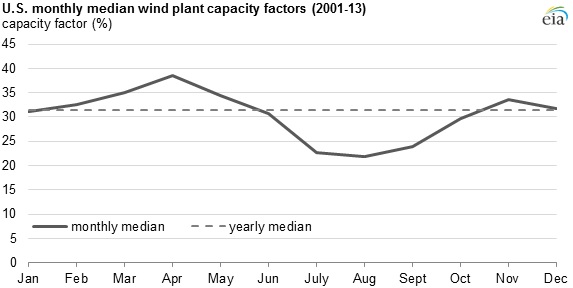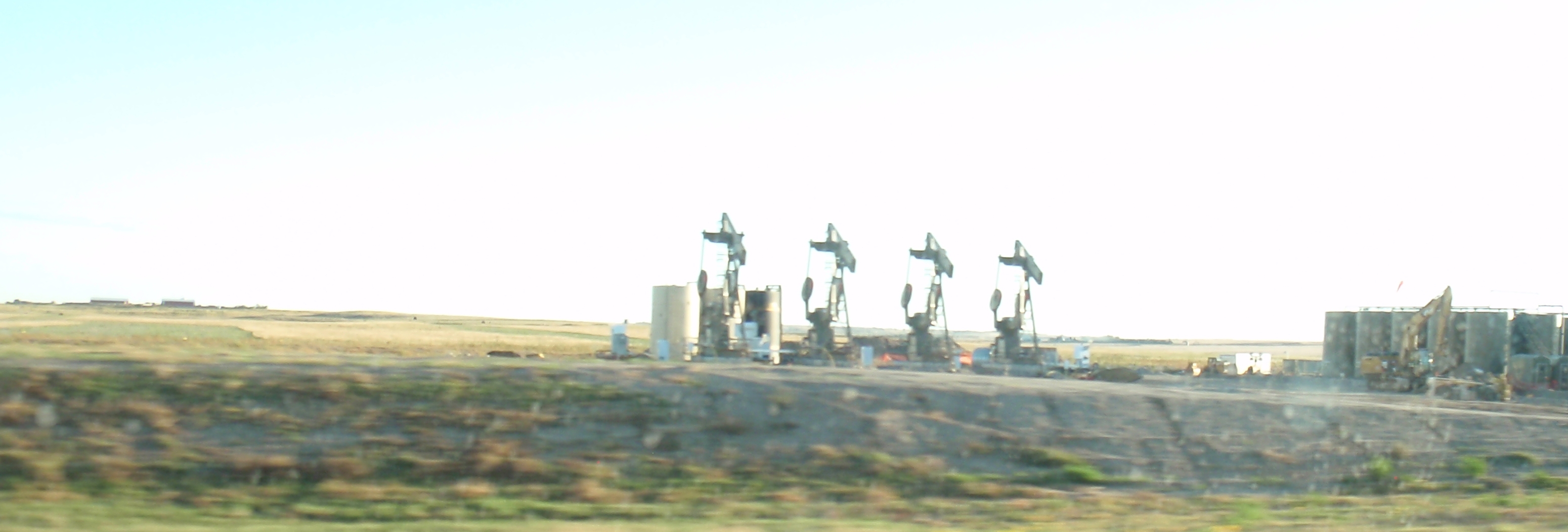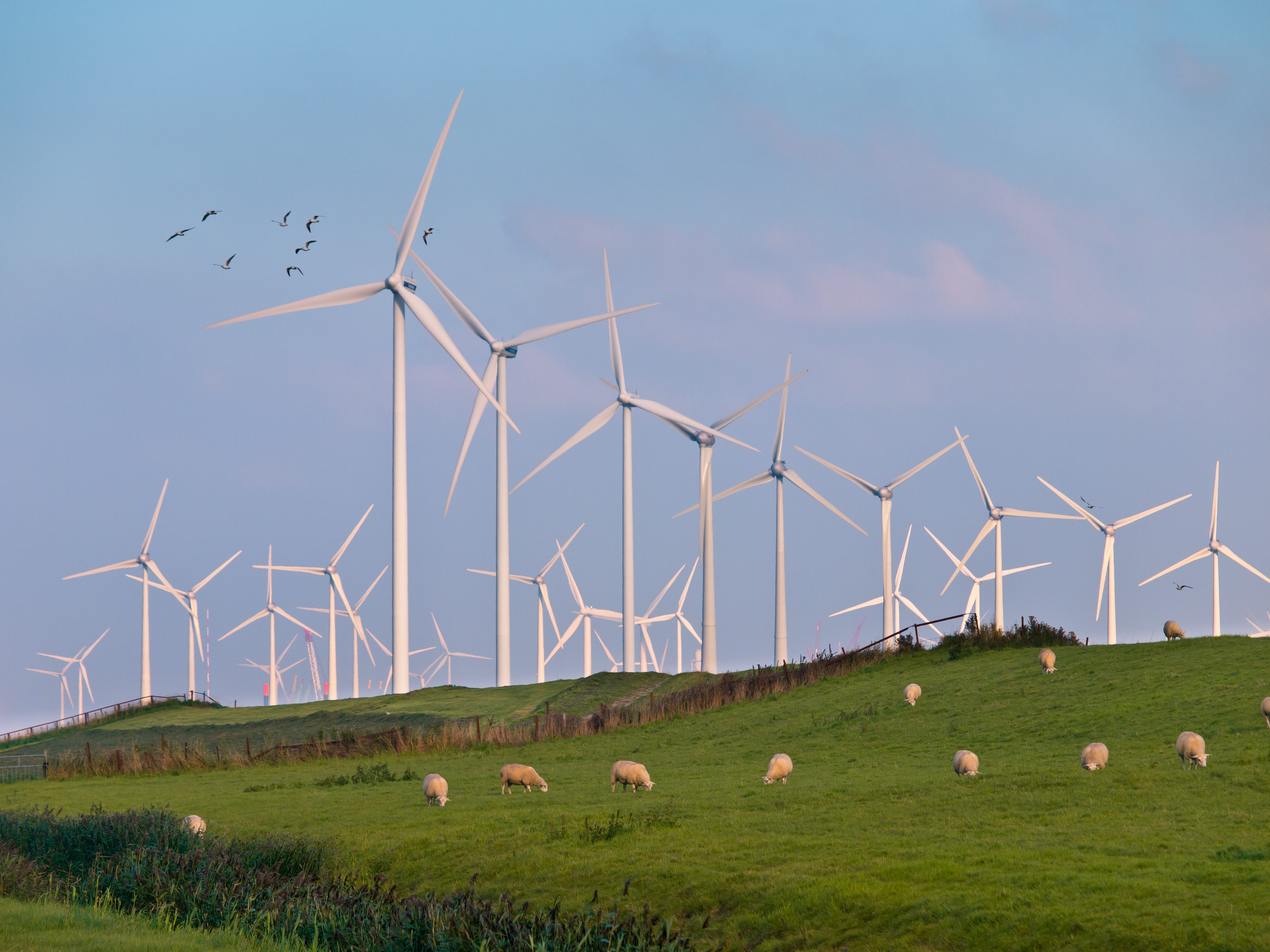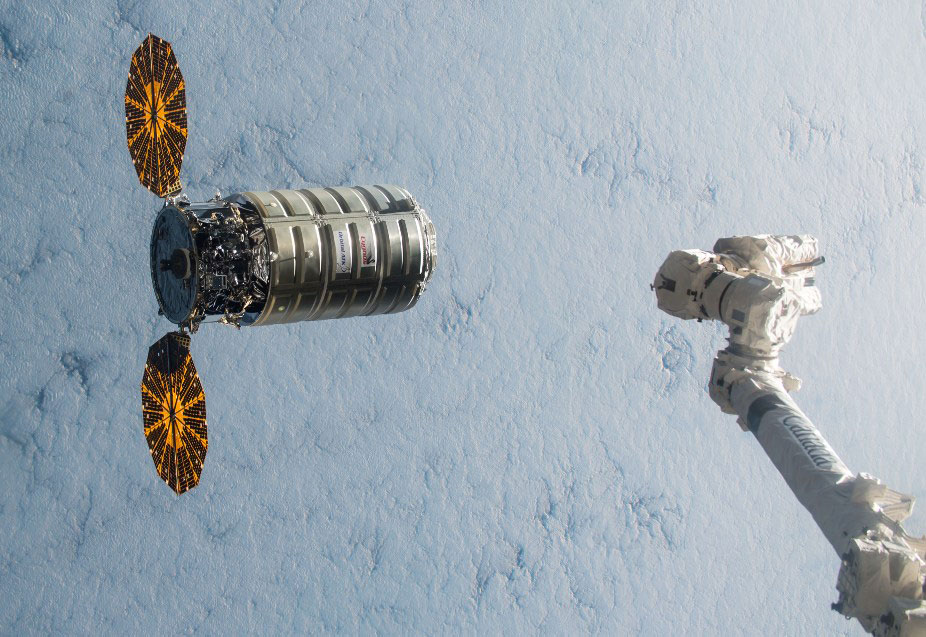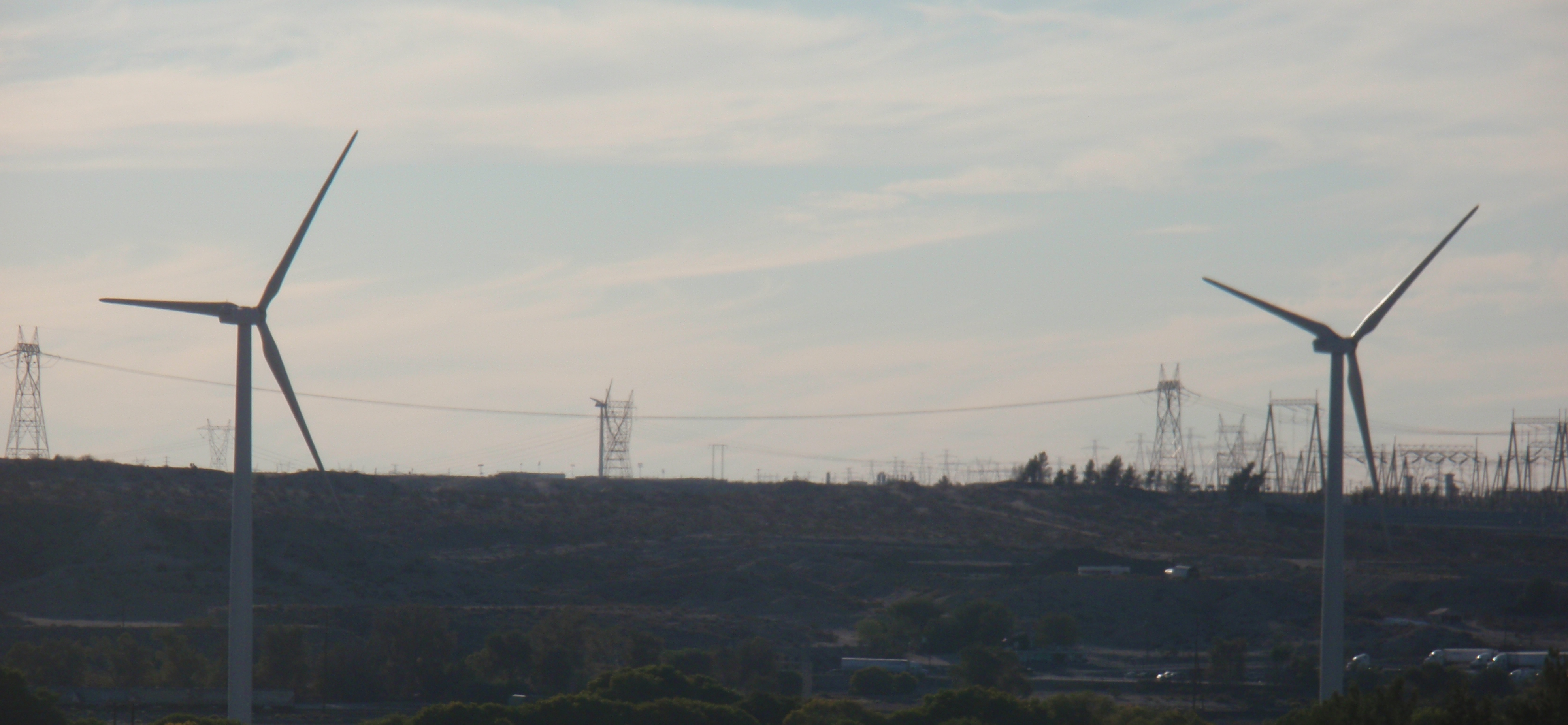
One of several catastrophic obstacles to relying on wind power to generate a large portion of our electricity is that wind turbines only generate electricity when the wind is blowing. That makes wind power quite unreliable.
Diving further into that issue shows that the wind blows more in some months more than others and this variable capacity further varies by region.
Why is this an issue? Electricity must be generated at the instant it is needed (allowing for the time it takes for electricity to get from the generating source to your house). It cannot be stored.
Variability over the course of a year
Check out the following graph from the Energy Information Administration:
That graph, which can be found here, is in the public domain since it is government information. It shows that on average across the country during the course of a year wind facilities have an average capacity of about 32%.
Continue reading “More on the high cost of low capacity from wind power”
